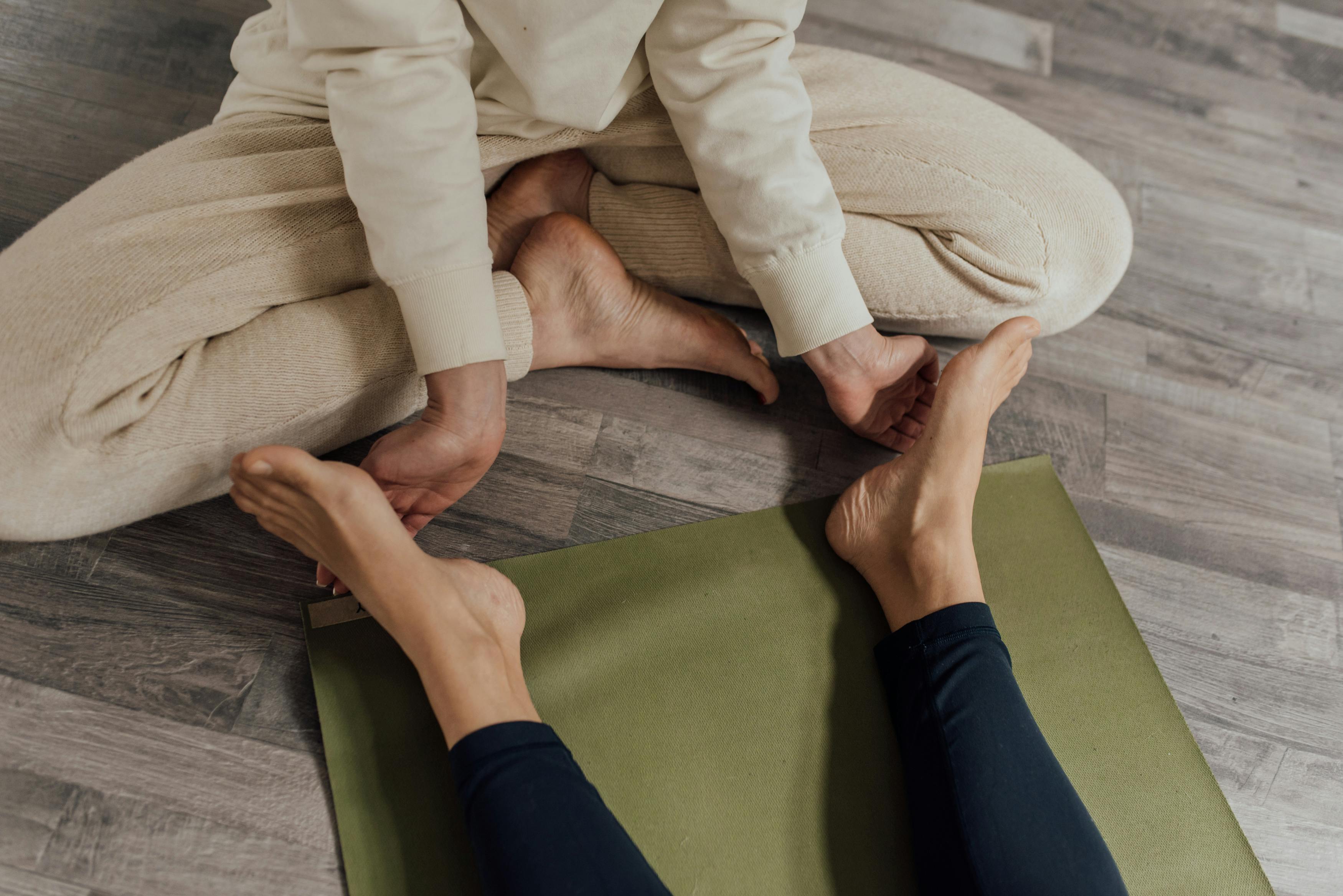Understanding and Managing Anxiety
Anxiety is one of the most common mental health challenges, but it doesn't have to control your life. With the right tools and strategies, you can learn to manage anxiety effectively.
Recognize Your Anxiety Symptoms
Everyone experiences anxiety differently. Common symptoms include racing thoughts, rapid heartbeat, sweating, difficulty concentrating, and avoiding situations that trigger anxiety.
Practice Deep Breathing
Deep, slow breathing activates your body's relaxation response. Try the 4-7-8 technique: breathe in for 4 counts, hold for 7, exhale for 8.
Use Grounding Techniques
When anxiety feels overwhelming, grounding techniques can help bring you back to the present moment. Try the 5-4-3-2-1 method: identify 5 things you can see, 4 you can touch, 3 you can hear, 2 you can smell, and 1 you can taste.
Challenge Anxious Thoughts
Anxiety often involves distorted thinking. Learn to identify and challenge these thoughts by asking yourself: Is this thought based on facts? What evidence do I have? What would I tell a friend in this situation?
Seek Professional Support
If anxiety is interfering with your daily life, don't hesitate to seek help from a mental health professional. Therapy, particularly Cognitive Behavioral Therapy (CBT), is highly effective for anxiety.







